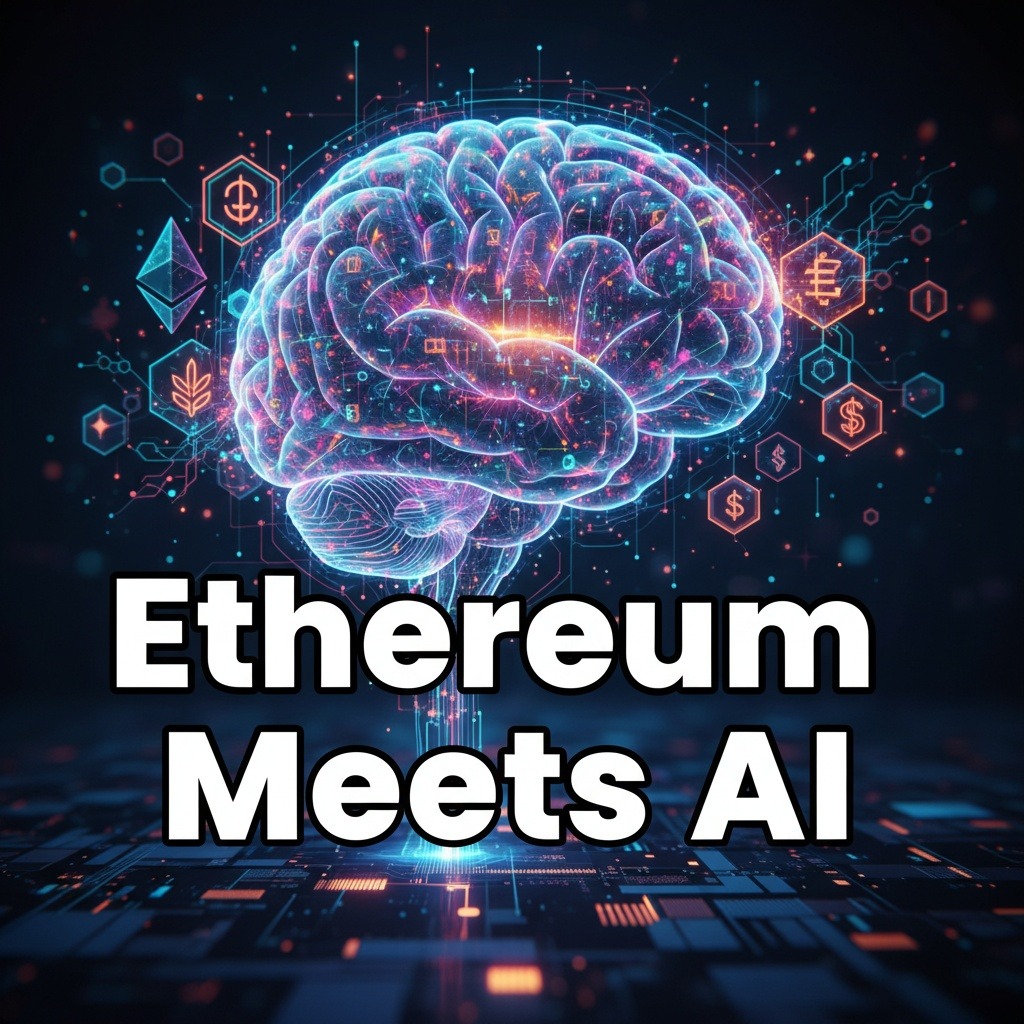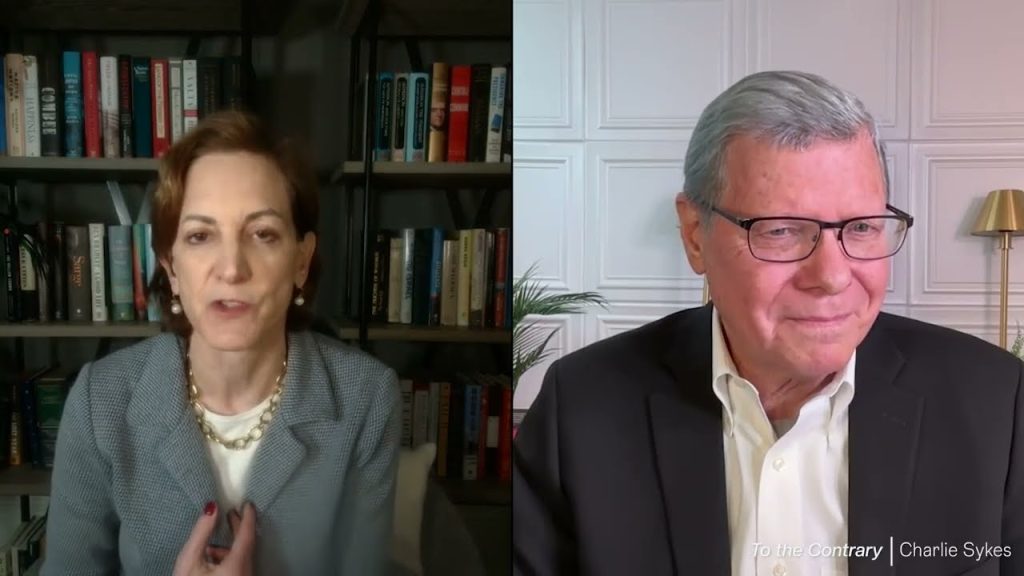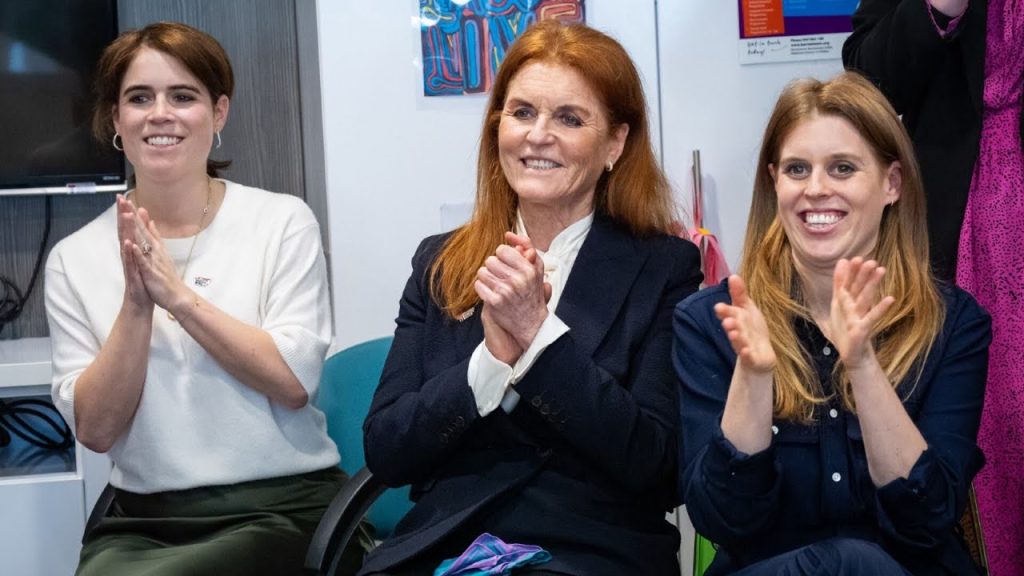The Ethereum Foundation has officially unveiled a dedicated artificial intelligence (AI) team, signaling its strategic response to the rising demand from projects within the ecosystem. This initiative, according to Davide Crapis, the newly appointed team lead, was not initially outlined in the Foundation’s roadmap but emerged organically as the necessity for AI integration became clear.
Crapis noted that this development reflects an important step towards ensuring the long-term relevance and adaptability of the Ethereum protocol. “Our ecosystem needs this,” he stated in an interview with Cointelegraph, highlighting the evolving nature of the crypto landscape.
The newly established AI team will bridge two critical facets of the Ethereum Foundation—the protocol and ecosystem divisions. This dual focus is aimed at enhancing product development while paving the way for the onboarding of traditional AI developers into the Ethereum community. “If we can demonstrate to conventional AI developers the value of decentralization, particularly in addressing challenges related to alignment, verification, and governance of AI, we believe this will create a successful avenue for us,” Crapis elaborated.
Among the initial AI-related projects making waves in the Ethereum ecosystem are solutions for micropayments, often facilitated through stablecoins, alongside services focusing on on-chain identity and verification mechanisms. The AI team is dedicated to clarifying and supporting these domains. “We plan to release a detailed roadmap later this year, complete with specific milestones,” Crapis mentioned.
The team will consist of Crapis, an AI product manager, and an additional AI researcher, who will collaboratively engage in research while working closely with existing protocol teams. Their initial emphasis will revolve around Ethereum proposal ERC-8004, designed to establish a trustless mechanism for discovering, selecting, and interacting with AI agents. This proposal has garnered significant interest and was co-authored by key figures including Crapis, MetaMask’s AI lead Marco De Rossi, and OpenAI’s Jordan Ellis. “The proposal gained traction very early on, and we believe it holds substantial potential,” Crapis remarked.
This move by the Ethereum Foundation is reflective of a broader trend among blockchain protocols recognizing the synergies between AI and blockchain technologies. The Foundation’s latest venture comes at a time when other infrastructure projects, such as Planck, have initiated AI-centric blockchain frameworks, and Kite AI has introduced an AI-focused layer-1 blockchain on the Avalanche network.
As AI agents continue to proliferate within blockchain networks, possessing the ability to execute financial transactions and perform various autonomously delegated tasks, the Ethereum initiative appears timely. When questioned about the Ethereum Foundation’s position in the AI race, Crapis expressed confidence: “I wouldn’t characterize our entry as late. The timing is opportune, especially considering that AI coordination experiments have been ongoing on various protocols for approximately two years now.”
The launch of the AI team not only underscores the Ethereum Foundation’s commitment to evolving with industry trends but also positions it well to leverage the capabilities of AI within the decentralized paradigm. The integration of AI into Ethereum’s ecosystem promises exciting developments ahead, aiming to harness the full potential of both technologies.



